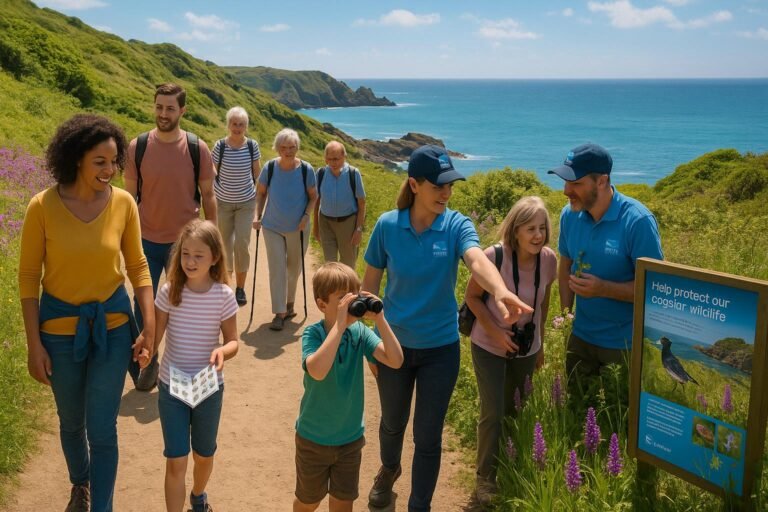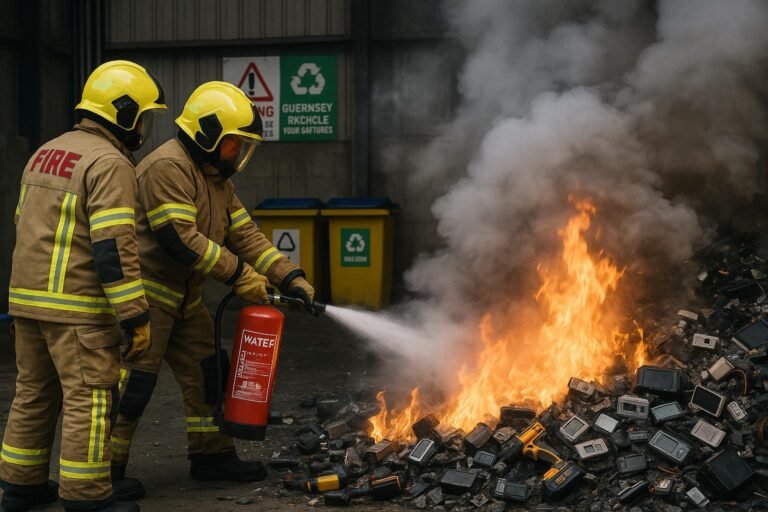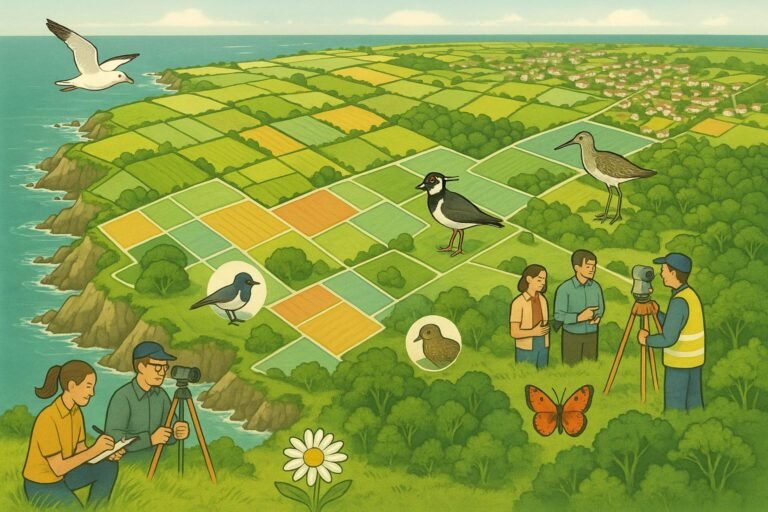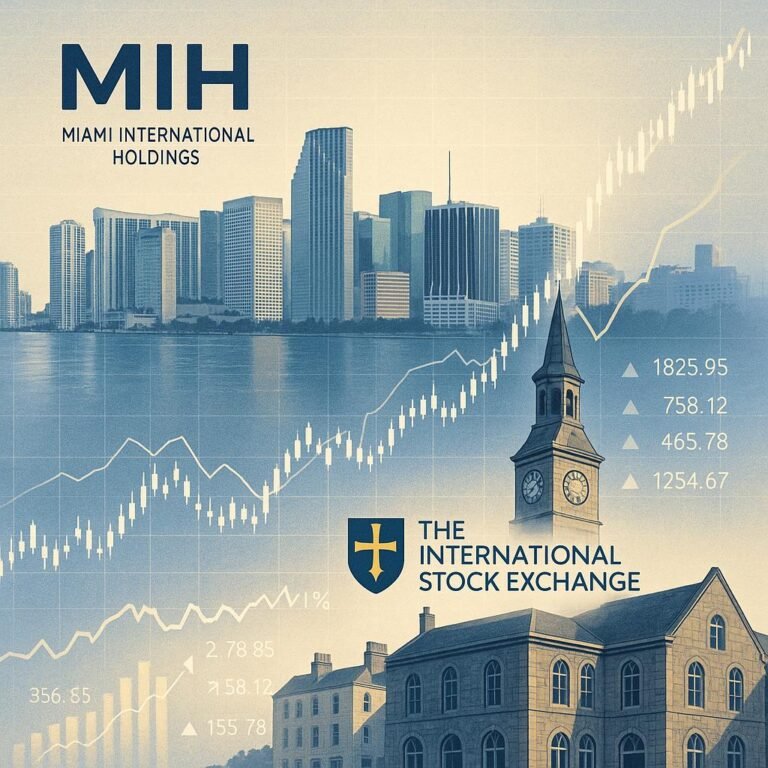Wild Horizons: A Culinary Journey into Sustainable Living
In an era of global food systems and supermarket convenience, one Guernsey resident is challenging conventional eating habits through an extraordinary month-long experiment in foraging and local sustenance.
Tara de Jersey’s participation in the Wild Biome Project represents more than a personal dietary challenge; it’s a profound exploration of human adaptability and ecological connection. By consuming only foraged and locally sourced foods, she is helping researchers understand the potential of sustainable, community-based nutrition.
Her daily menu reads like an inventive wilderness cookbook: *dandelion-root coffee* replaces morning espresso, *hazelnut milk* substitutes dairy, and *mackerel* provides protein. Each meal is a testament to the island’s natural abundance and her ancestral knowledge.
A Community-Based Scientific Initiative
The project’s broader significance cannot be overlooked. With 110 participants across the UK, this citizen science initiative seeks to understand how traditional food procurement methods might inform modern sustainable practices. It’s not merely an academic exercise but a practical investigation into resilience and local food systems.
Particularly poignant is Tara’s connection to her grandfather’s wartime experiences of foraging seaweed during the German Occupation—a reminder that survival often depends on intimate environmental knowledge.
Personal Health and Ecosystem Relationships
While the experiment presents challenges, it also offers insights into *personal health*, *community sustainability*, and our relationship with *local ecosystems*. By reimagining food sourcing, participants like Tara are pioneering potential solutions to global environmental challenges.
Relevant Initiatives and Resources
- Guernsey Woman’s Wild Food Challenge Featured on Channel 103
- Island FM Reports: Local Woman’s Month-Long Wild Food Journey
- Wild Guernsey Blog Posts
- About Wild Guernsey
- Guernsey’s Nature Report – Pollinator Project Insights
- Native Habitat Restoration Projects in Guernsey
- Bailiwick Bat Survey – Learn About Local Bat Population
- Guernsey Nature Commission Official Website
- Innovative Approaches in Modern Dairy Shows
As climate change and food security become increasingly pressing issues, such *grassroots explorations* offer hope and practical alternatives to industrial agriculture.






